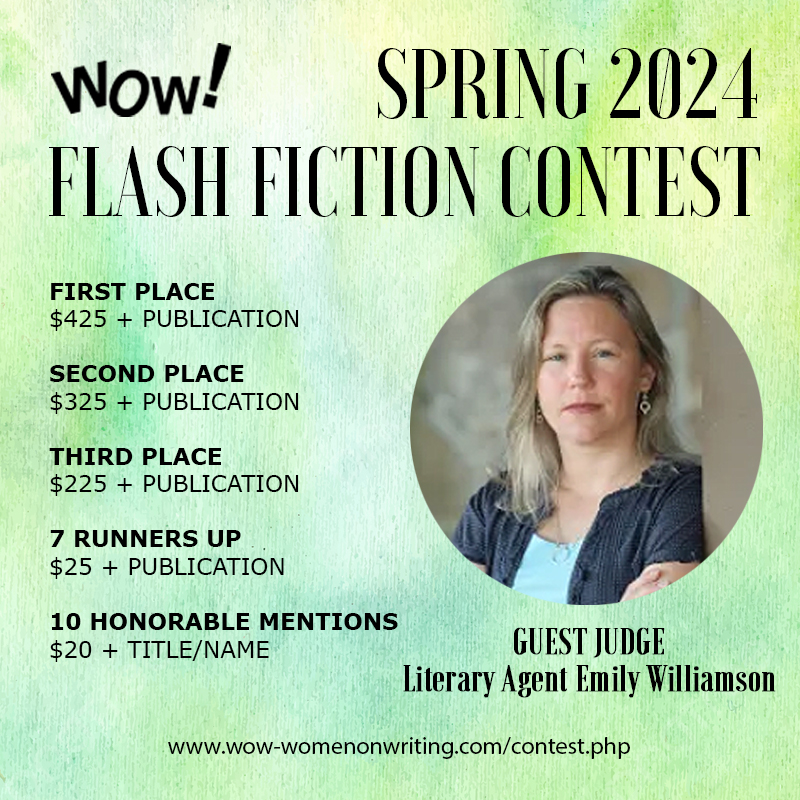by Carole Mertz
We can learn from our own creative process. By analyzing how my latest poem developed, I discovered something useful. Writing involves a kind of sacrifice, but usually offers rewards that outweigh the sacrifice. I identified three phases in my process.
One late-summer day, my husband and I visited a nearby nature reserve with the intentions of enjoying the outdoor beauty and getting some exercise. He was dedicated to walking the trails, but I decided to forego the walking. “You go on ahead, I want to sit here and view the scene.” (I regarded my need to stay connected with my writing as greater than my need for exercise.)
Within an open-air pavilion, I viewed the dell below me. I was thinking about how to create a “list” poem in response to a poetry prompt. Vaguely, I wanted to list flowers in my poem. This first phase of my poem’s life was the subliminal or preparatory phase.
I worried whether I was making the best use of my writing time. However, I let the environs speak to me. I studied the various colors of land and sky splayed before me. Seeing various blooms, I remembered how my mother created bouquets in large baskets to place on the stage at my piano recitals.
But that was from a time past. This was today, now. And I wanted to think of the flowers I was seeing then and there. They were mostly wildflowers. Though I didn’t know their Latin names, I knew their folksy names. I viewed them closely. This phase was a kind of zooming-in phase.
Evening fell and we returned home. The next afternoon I recalled the beauty of the previous day. Suddenly the florals began to speak—a poem was growing. I recorded my sentences and for the next three hours was lost in a conversation between Queen Anne and the Black-eyed Susans. The poem unfolded itself to me, partly in free verse, partly in rhyme. (This was the concrete phase, in which I took pen to paper.)
Looking back on the work that yielded my 40-line poem, I realized the verses probably would not have developed in the absence of any one of the three phases. The initial phase included generalized, not necessarily conscious, thinking. The second phase was perhaps the most important, because then I was open to my surroundings and letting what I sensed register with me, the way insects use their antennae to define what’s around them.
In your work as writers, you may want to think about these phases. Do you allow yourself germination time? This is the kind of time you need to reflect broadly on the intent of your writing. Do you immerse yourself in your topic, either physically, as I did at the park, or through your imagination or research? And finally, do you apply yourself to putting your words on paper? Without the final phase, your thoughts may be, or may become, only a passing fancy.
* * *
Carole Mertz’s poem, “Tea Time,” as described above, appeared three weeks later in WestWard Quarterly. Other poems and short essays appeared at WOW’s The Muffin, With Painted Word, Page & Spine, Tiny Lights, The Write Place at the Write Time, Wilda Morris’ s Blogspot, and in Rockford Review. She won second place in a 2014 mystery contest at Toasted Cheese. Her review of Carol Smallwood’s poetry collection is forthcoming at World Literature Today.
~~~~~~~~~~~~~~~~~~~~~~~~~~~~~~~~~~~~~~~~~~~~
Would you like to participate in Friday "Speak Out!"? Email your short posts (under 500 words) about women and writing to: marcia[at]wow-womenonwriting[dot]com for consideration. We look forward to hearing from you!
~~~~~~~~~~~~~~~~~~~~~~~~~~~~~~~~~~~~~~~~~~~~
Friday Speak Out!: A Published Poem or a Passing Fancy: Analyzing Your Own Approach to Writing.
Friday, November 07, 2014
Powered by Blogger.








.jpg)




1 comments:
I fell in love with this line: "I regarded my need to stay connected with my writing as greater than my need for exercise." I have thought that so many times myself--in regards to time to write to time to cook healthy and exercise--I a lot of times choose writing time. Glad to see I'm not alone. Best of luck with your poetry!
Post a Comment